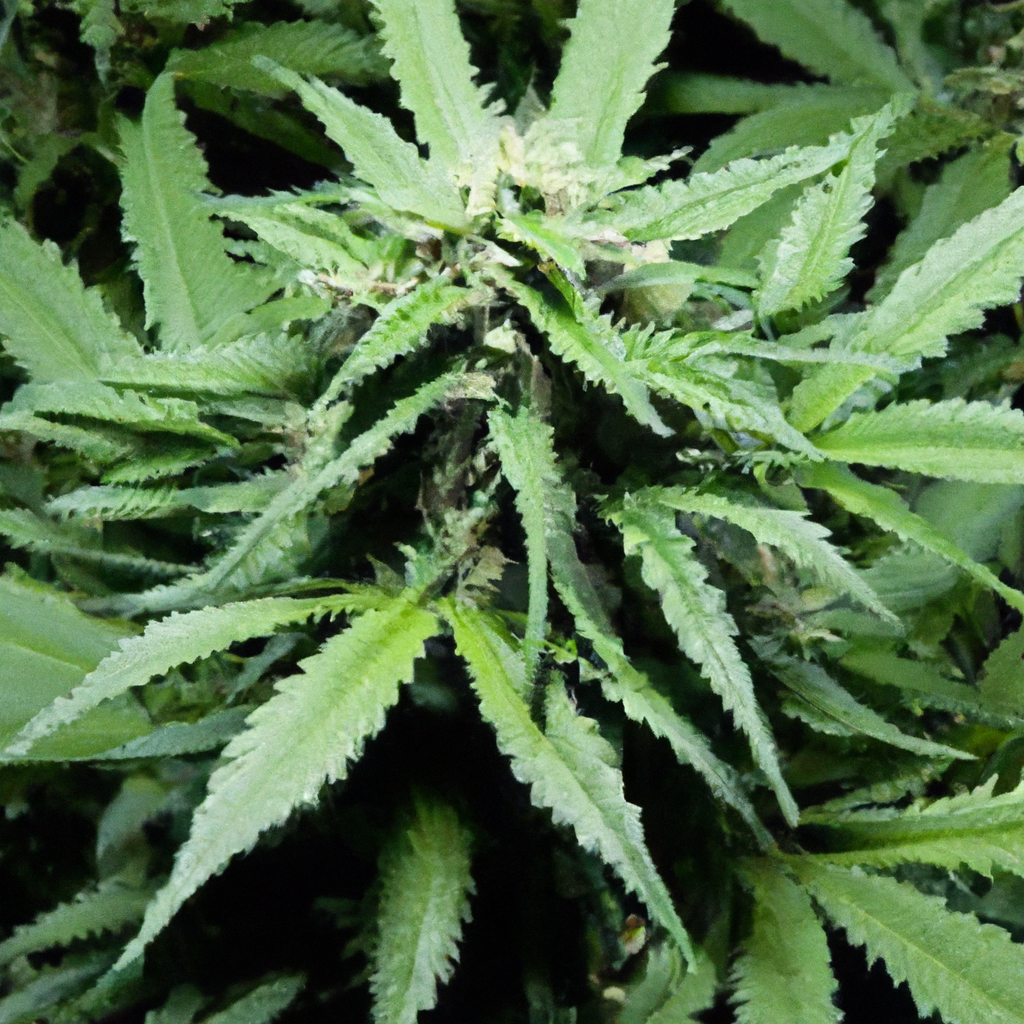By John “Magic” Greenleaf
“Growing greatness, one strain at a time.”
Introduction
In the rapidly evolving world of cannabis cultivation, enthusiasts and professionals alike are seeking sustainable methods to produce high-quality plants. Organic cultivation offers a path to sumptuous, flavorful buds without synthetic fertilizers or pesticides. Join me, John “Magic” Greenleaf, as we explore the essential tools every grower needs to succeed in organic cannabis cultivation.
Organic Soil: The Foundation of Healthy Growth
Choosing the right soil is the first critical step. Organic soil, rich in compost and beneficial microbes, sets the stage for vibrant plant growth. Here’s what to consider:
- Compost Content: Look for soil high in decomposed organic matter to provide essential nutrients.
- pH Balance: Aim for a neutral pH between 6.0 and 7.0 to support nutrient uptake.
- Moisture Retention: Opt for soil with excellent drainage to prevent root rot while retaining moisture efficiently.
Natural Nutrients: Feeding without Chemicals
Nourishing your plants with natural nutrients ensures robust growth and maximum flavor. Consider these organic options:
- Compost Tea: Brew a mixture of compost and water to create a nutrient-rich solution for your plants.
- Worm Castings: Add these natural fertilizers to enhance soil health and boost nitrogen levels.
- Seaweed Extract: Use as a natural growth booster to improve resilience and strength.
Companion Planting: Nature’s Pest Control
Embrace nature’s way of maintaining balance through companion planting. Surround your cannabis with beneficial plants to deter pests naturally.
- Basil: Its strong aroma deters flies and attracts pollinators, enhancing the growth environment.
- Marigold: Acts as a natural repellent for nematodes and aphids, safeguarding your crop.
- Mint: An effective deterrent against ants and beetles while offering a refreshing scent.
Water Management: The Art of Efficient Hydration
Water conservation is vital to sustainable cannabis cultivation. Equip yourself with the right tools to manage hydration efficiently.
- Rainwater Collection: Harness natural precipitation by setting up a collection system to reduce dependence on municipal water.
- Drip Irrigation: Employ precision irrigation to minimize water waste and ensure even hydration across your grow.
- Moisture Sensors: Use these advanced tools to monitor soil moisture levels and adjust watering practices accordingly.
Conclusion
Organic cannabis cultivation marries tradition with innovation, allowing growers to produce superior plants while respecting the environment. By adopting these essential tools and practices, you’ll not only cultivate better cannabis but also contribute to a more sustainable future. Remember, “Healthy roots, healthy buds, happy harvests”—a mantra for every grower who aims to infuse their plants with the vibrant spirit of nature.


Leave a Reply